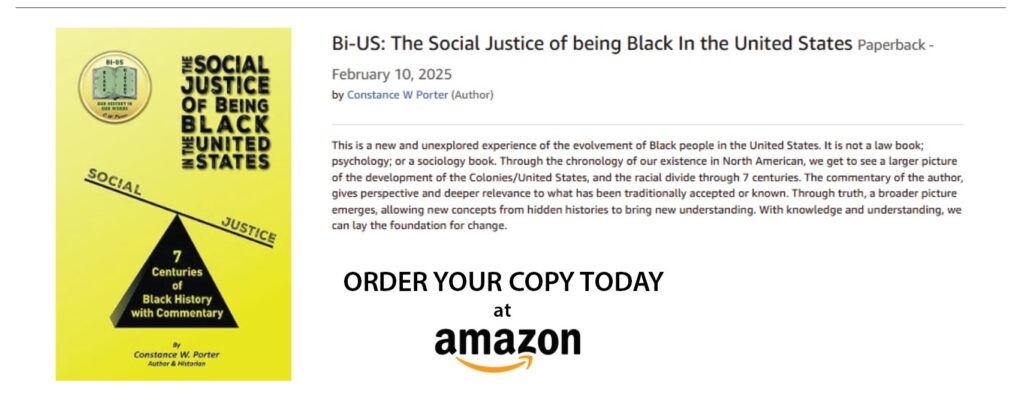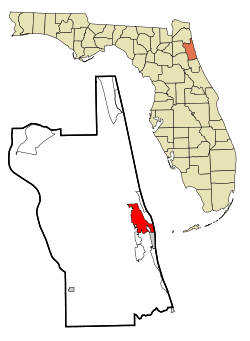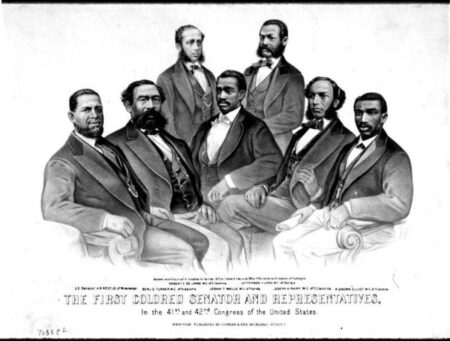For those of you who are interested in true black history:
It is ironic, that in 2023, Florida, is the state most determined in denying, or teaching black history. It is also the place that had “free blacks” for 250 years, before it became a British colony in 1763, and before it became a state in 1845. St Augustine was established before Jamestown, VA. and before Plymouth, MA. On the continental US, there has always been African blacks who were free. Once I realized this, my concepts of our history changed.
Pre-Colonial, the information concerning Spanish Colonial times cannot be ignored, or whitewashed away. Pedro Alonzo Nino, was one of at proximately 10 navigators (according to a Washington Post article previously listed). Francisco Menendez de Aviles, of 1565, at Fort Mose (and the city it protected, St Augustine) were not quirks in history.
Colonial, is used to describe the time period of British rule from the first colonies, until Revolutionary War (from 1775 – 1783). During that time, the various colonies/states governed themselves. At the end of t he war, they determined how they would live apart from England’s harsh edits . they also determined how they would keep slavery controllable, legally. The various slave revolts and rebellions, only served to tighten their grip, to control by-any-means-necessary.
Another important event of colonial times, was the establishment of the Continental Congress in 1774. The second, of three Continental Congresses (representing 12 states) had a black president John Hanson, a Boston merchant who served from 1780 – 1782. The Constitution was ratified in 1788; George Washington became president of the new country, the United States in 1789.
Post Colonial, is used to reference the time between the Declaration of Independence in 1776, and the end of the century. Blacks remained mostly enslaved in the south; in the north, the states of New York, Connecticut, Rhode Island, Massachusetts, and Pennsylvania, decided on slave freedoms before 1799. An important piece of legislation during that time, was the Fugitive Slave Act of 1793.
CW Porter





